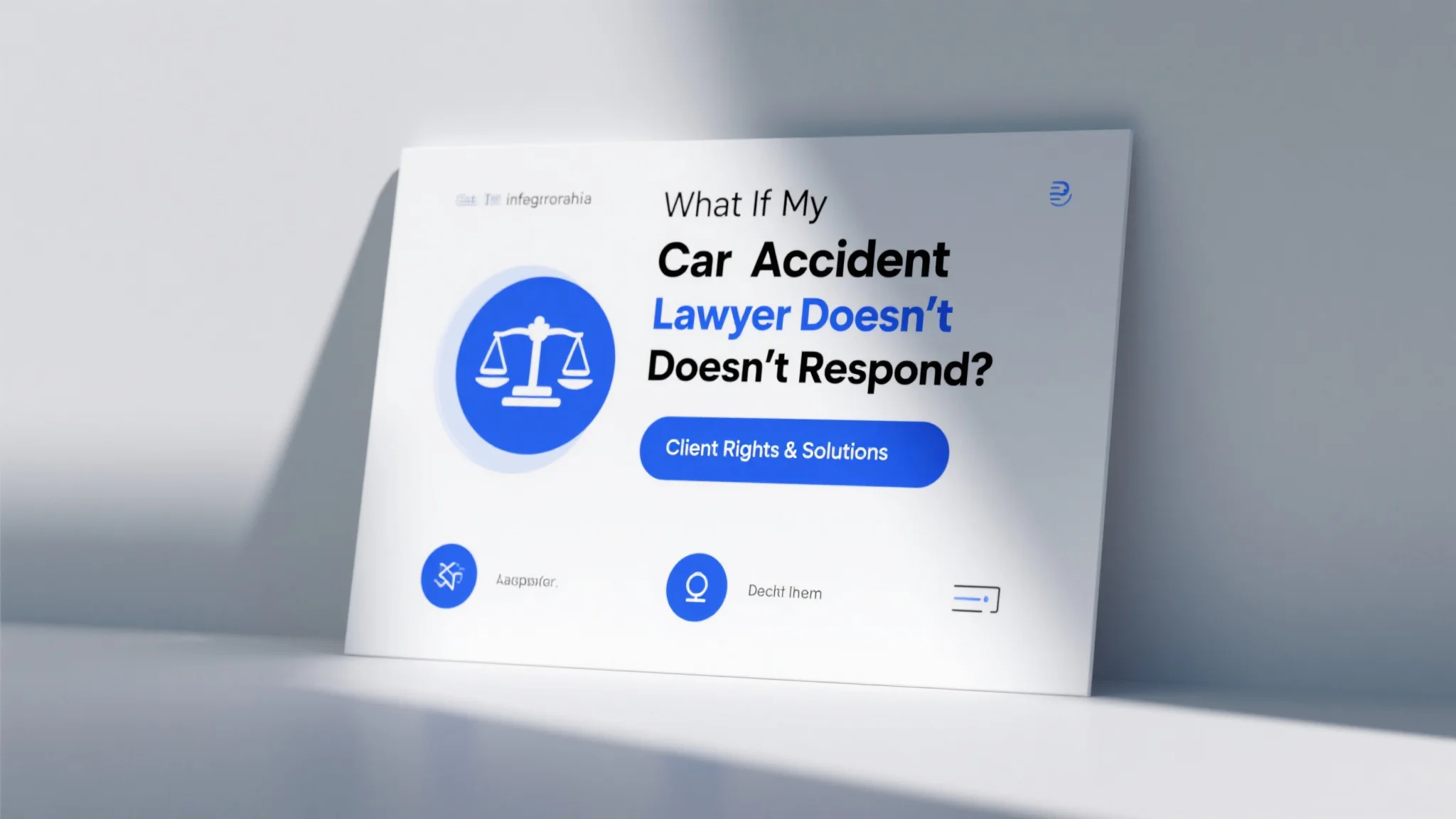Understanding the Critical Time Limits for Car Accident Lawsuits
When you’ve been injured in a car accident, time becomes one of your most valuable yet limited resources. The lawsuit deadline, known legally as the statute of limitations, varies significantly depending on your location and the specific circumstances of your case. These strict legal timeframes govern how long you have to file a civil lawsuit seeking compensation for your injuries and damages. Missing this crucial deadline can permanently bar you from recovering financial compensation, regardless of how severe your injuries or how clear the other driver’s fault may be.
State-by-State Variations in Filing Deadlines
One of the most important factors determining your statute of limitations by state is simply where the accident occurred. Most states impose a two or three-year deadline for personal injury claims stemming from car accidents, but exceptions abound. Some states like Kentucky and Louisiana give victims only one year to file suit, while others like Maine allow six years. These variations underscore the importance of consulting with a local attorney immediately after your accident, as waiting even a few months could jeopardize your entire claim in certain jurisdictions.
Special Circumstances That Can Extend or Shorten Deadlines
While the standard lawsuit deadline applies to most car accident cases, numerous exceptions can either extend or shorten your filing window. Claims against government entities often require much shorter notice periods – sometimes as brief as 60-90 days. Minors involved in accidents typically have their statute of limitations paused until they reach adulthood. Similarly, if the at-fault driver left the state after causing the accident, some jurisdictions will toll (pause) the clock until they return. Understanding these nuances requires careful legal analysis of your specific situation by an experienced attorney.
The Hidden Dangers of Waiting Too Long to Act
Even if your state’s statute of limitations by state seems generous, delaying legal action can seriously undermine your case. Critical evidence disappears over time – witnesses forget details, surveillance footage gets erased, and accident scenes change. Insurance companies interpret delays as a sign that your injuries aren’t serious, making them less likely to offer fair settlements. Perhaps most importantly, your attorney needs sufficient time to thoroughly investigate your claim, consult with medical experts, and build a compelling case before the deadline arrives. Starting the legal process early maximizes your chances of securing full compensation.

Options When You’ve Missed the Standard Filing Deadline
For those who discover their late claim options after the statute of limitations has expired, all hope isn’t necessarily lost. Some states recognize equitable tolling doctrines that may revive expired claims under extraordinary circumstances, such as if the victim was mentally incapacitated or the defendant actively concealed their liability. In rare cases, newly discovered evidence can restart the clock. Another potential avenue involves filing a claim against your own uninsured motorist coverage, which sometimes has different deadlines than third-party claims. While these exceptions are narrow and fact-specific, consulting with an attorney can help determine if any might apply to your situation.
Why Early Legal Consultation Matters More Than You Think
Many accident victims mistakenly believe they can wait until their lawsuit deadline approaches before seeking legal counsel, but this approach carries significant risks. An experienced car accident attorney needs time to properly evaluate your claim, identify all potentially liable parties, and determine which statutes of limitation apply. Some cases involve multiple deadlines – for instance, you might have two years to sue the other driver but only six months to file a claim against a government entity responsible for dangerous road conditions. Early consultation ensures no critical deadlines slip through the cracks while preserving all your legal options.
The Financial Consequences of Missing Your Filing Window
When the statute of limitations by state expires on your car accident claim, the consequences extend far beyond simply losing your right to sue. Medical bills continue accumulating, lost wages mount, and accident-related expenses don’t pause just because your legal options disappeared. Victims who miss deadlines often face financial ruin, forced to drain savings or declare bankruptcy to cover mounting costs. This harsh reality underscores why understanding and complying with statutory deadlines isn’t just a legal formality – it’s often the difference between financial recovery and long-term hardship following a serious accident.
Strategic Considerations for Approaching Deadlines
As your late claim options dwindle, strategic decisions become increasingly important. Filing suit right at the deadline often leaves insufficient time for proper case development, potentially weakening your negotiating position. Savvy attorneys typically file well before the statute expires, using the impending deadline as leverage during settlement talks. This approach demonstrates seriousness to insurance companies while preserving the option to litigate if negotiations stall. When deadlines loom, having an attorney who understands both the legal time constraints and negotiation tactics can make all the difference in achieving maximum compensation for your injuries and losses.



